“People are not selected based on their grades but on their experiences, motivations and eagerness to contribute to a shared learning space.” – Christer Windeløv-Lidzélius
Christer Windeløv-Lidzélius ist der CEO und Principal von Kaospilot, eine lernende Organisation, die gegründet wurde 1991 in Denmark by Uffe Elbæk in response to rising demands for an education that could help young people flourish in a changing world. “On a very practical level it was a response to youth unemployment,” says Christer; “the educational sector was in need of new takes on education, how it was to be understood and delivered.” KaosPilot also sought to answer the big picture question: “What motivates people to learn, to create and to lead?".
Heute, KaosPilot has evolved to focus more on leadership and entrepreneurship, attracting students and collaborators from across Scandinavia and beyond.
Die globale Suche nach Bildung invited Christer Windeløv-Lidzélius to learn more.
“The biggest challenge has always been balance. The balance between the individual learning journey and the team (class/group), the balance between culture and structure, the balance between experimentation and do what we know works.” – Christer Windeløv-Lidzélius
Christer, what are the key drivers in your learning model that make it “unique”?
What has stood the test of time is the practice of “learning by doing” and “reflective practice” as pedagogical approaches, as well as the fundamental idea that people should be given a shared space and a shared place where they can cultivate their dreams and skills. People are not selected based on their grades but on their experiences, motivations and eagerness to contribute to a shared learning space. We not only see students as students, but also as teachers. Staff and students alike – we are all learners – and one of the bents of working at KaosPilot is that we learn with the students. KaosPilot does not stipulate a future for the students – we help them figure out where they want to go and we help them unleash their potential to do so. Fächer, trainings, and so forth are means to this end. As students’ learning become visible through their projects, we do not assess them based on a given standard level of knowledge – it is situated and this requires a deep sense of how to design for learning.
What have been KaosPilot’s biggest challenges? What lessons have you learned from these challenges?
Offensichtlich, we have learnt a lot over the course of almost three decades. The biggest challenge has always been balance. The balance between the individual learning journey and the team (class/group), the balance between culture and structure, the balance between experimentation and do what we know works. Beispielsweise, as the quality of the education for an individual depends on its peers to some extent, how much can one demand and expect from others if one’s particular journey moves away from “your” particular need. How does one make decisions in a peer-group so that we do not, thanks to social codes and norms, resort to the minimum common level of aspirations but collectively lift each other to new heights? Außerdem, overtime rules, regulations and procedures tend to colonize the culture in institutions and suddenly you become locked in ways of thinking and doing – resulting in losing sight of “what makes us unique and relevant”. Drittens, how can one maintain a lust for experimentation, running the risk of failure, when essentially it often requires more work, changes and conflict. We have learnt that the way to approach all of these examples are a combination of communication and distributed leadership. One needs to constantly revitalize the meaning and quality of the values that run the institution. It is a conversation, but also a jointly lived experience. It is not enough with one leader.
“A curriculum needs, to a large extent, be both individualized and self-determined as well as be informed by people who essentially know more. But that “more-knowing” cannot tip over and become “unhelpful”.- Christer Windeløv-Lidzélius
How has modern technology enhanced entrepreneurship and innovation and enabled youth to achieve positive social impact?
This is an interesting question. If I would take a step back and look at how things have changed over the last two decades, the main changes are probably that digital tools to do things have become more available and accessible. One can bring about change now because one actually has a variety of new ways to do something. I am not saying this goes for everyone, or that all things are successful or positive – but broadly speaking, that would be my take.
How has the changing world inspired your learning model? How would you describe the commonalities of your approach with the systems you most respect around the world?
The KaosPilot curriculum revolves around the question of what kinds of projects does the world need and what kind of leadership does the world need – as well as what sets you on fire? It is in the overlap between these three questions that individuals find their motivation, perseverance and devotion at KaosPilot. Als solche, at the core of the KaosPilot curriculum you find a question mark. This question mark always finds temporary “truths” – what works now, what seems right, true and real for this time….the realization of the unpredictability of changes in the world; demands for humbleness and curiosity on our behalf. This means that many subjects, skills and so forth have come and gone over the years – but at the same time some core learning design principles have up until now still made sense and paid off. There are many setups around the world we identify with – may that be education, companies, projects or NGO’s. What seems to be common for all of these is the notion of serving the greater good, including the optimism, the lust for experimentation and the experiential and enterprising orientations.
“How to work with attitude without becoming dogmatic about it is a key challenge for education in the future.” – Christer Windeløv-Lidzélius
Was sollte in einer globalisierten Welt ein Curriculum für einen Studenten leben aussehen? What competencies would the ideal curriculum address?
There are a few strands that flow together – but to some extent are/seem contra-dictionary. A curriculum needs, to a large extent, to be both individualized and self-determined as well as be informed by people who essentially know more. But that “more-knowing” cannot tip over and become “unhelpful”. I consider a curriculum that helps people to grow professionally as well as personally to be more potent than one that focuses on one or the other exclusively. To be able to thrive in a globalized world, we need to experience the world. Knowledge and competencies are of course important. To learn how to read and to write are still important skills. Key competencies I would highlight are social, change and action. It is a relational world and we need to work together, one needs to be able to get things done and one needs to be able to tackle ambiguity and changes. But we also need to look beyond this – towards attitudes. Learning how to learn is a significant competence, but without the right attitude we are not going to engage and become skilled at it. With the right attitude one overcomes challenges because we do not give up. How to work with attitude without becoming dogmatic about it is a key challenge for education in the future.
Where do you see KaosPilot 10 oder 15 Jahre ab jetzt?
That is a great question. Auf der einen Seite, I would hope that it has stayed true to its roots – its values, purpose and some corner stones on how it is designed and delivered. Andererseits, times are changing and in order to stay relevant and unique, one has to do the same. Kaospilot has been more successful in terms of inspiring other education models to become something more, instead of being a school that merely grows its own numbers. Some of our key aspects have developed new takes on how we see kindergarten as well as PhDs. As the world becomes more fluid, we will see more micro-learning formats, new thinking around degrees and qualifications. Perhaps we will become more of a subscription model for the self-realizing, life-long learning approach.
I hope that a decade from now we have changed from what we are today, but at the same time we will continue to refine our model focused on helping others to realize their values and dreams.
C. M. Rubin and Christer Windeløv-Lidzélius
Vielen Dank an unsere 800 Plus globale Beiträger, Lehrer, Unternehmer, Forscher, Wirtschaftsführer, Studenten und Vordenkern aus jeder Domain für Ihre Perspektiven auf die Zukunft des Lernens den Austausch mit Die globale Suche nach Bildung jeden Monat.
C. M. Rubin (Cathy) ist der Gründer von CMRubinWorld, ein Online-Publishing-Unternehmen, das sich auf die Zukunft des globalen Lernens und der Mitbegründer von Planet Klassenzimmer. Sie ist Autorin von drei Bestseller-Büchern und zwei vielgelesenen Online-Serien. Rubin erhielt 3 Upton Sinclair Auszeichnungen für „The Global Search for Education“. Die Serie, die für alle Lernenden befürwortet wurde ins Leben gerufen in 2010 und bringt aufstrebenden Vordenker aus der ganzen Welt die wichtigsten Bildungsfragen von Nationen konfrontiert zu erkunden.
Folgen Sie C. M. Rubin auf Twitter: www.twitter.com/@cmrubinworld

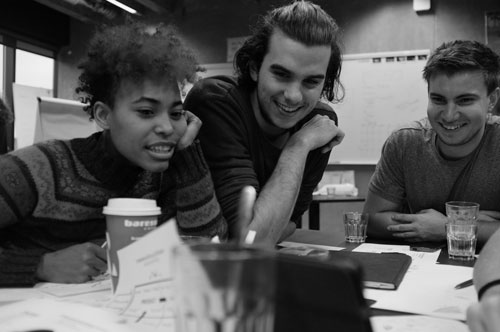

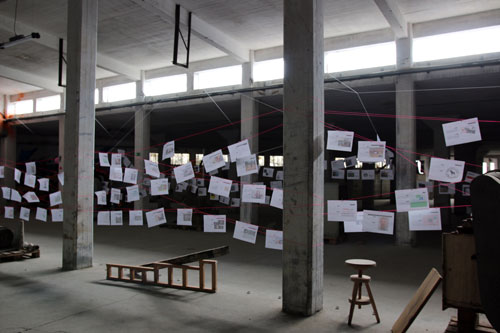
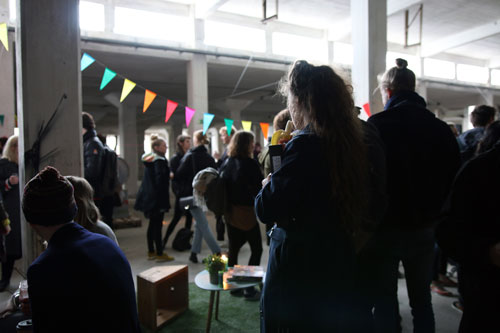
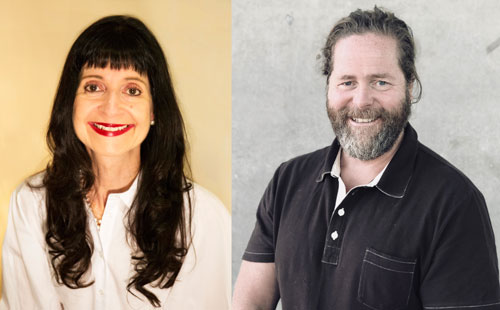

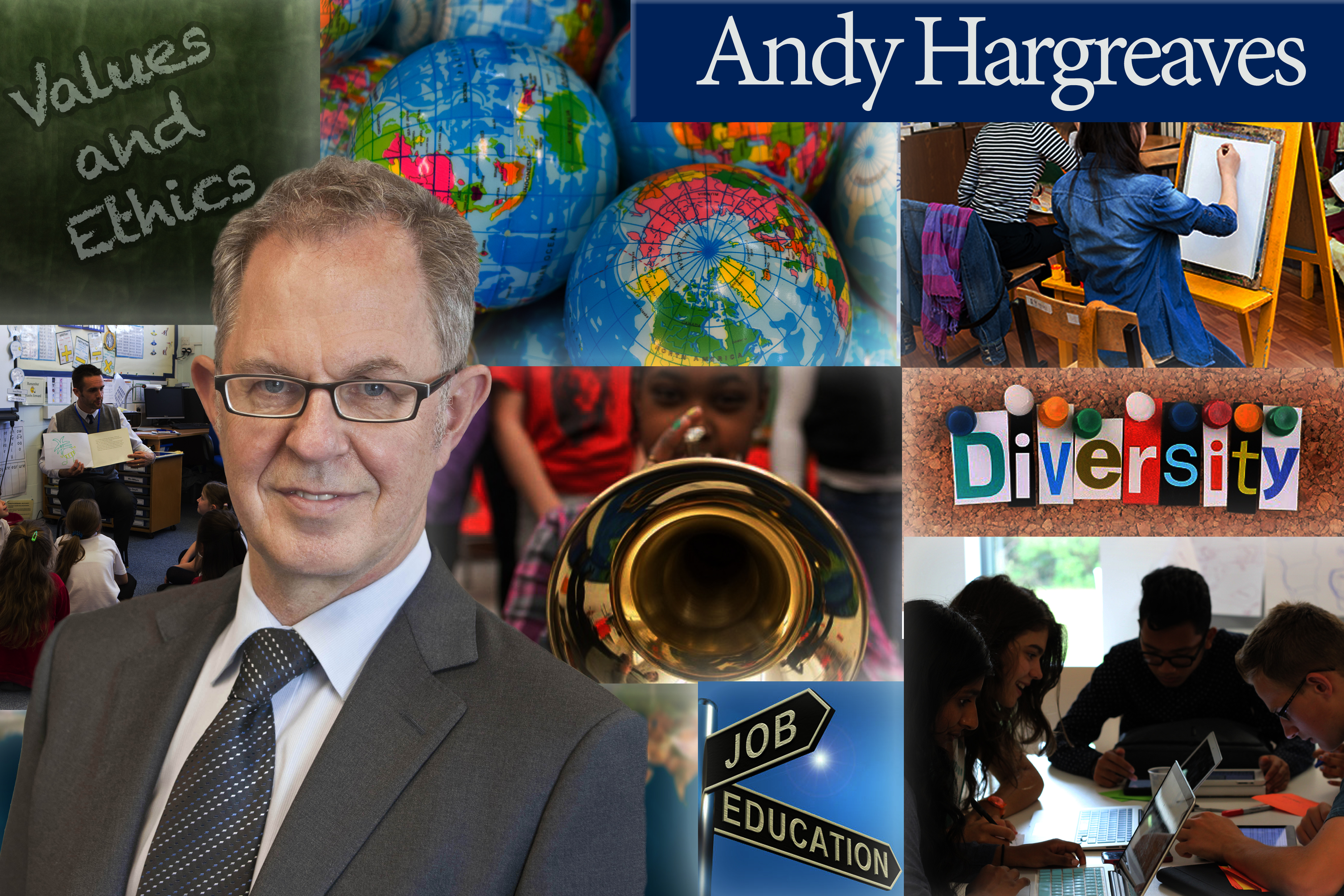
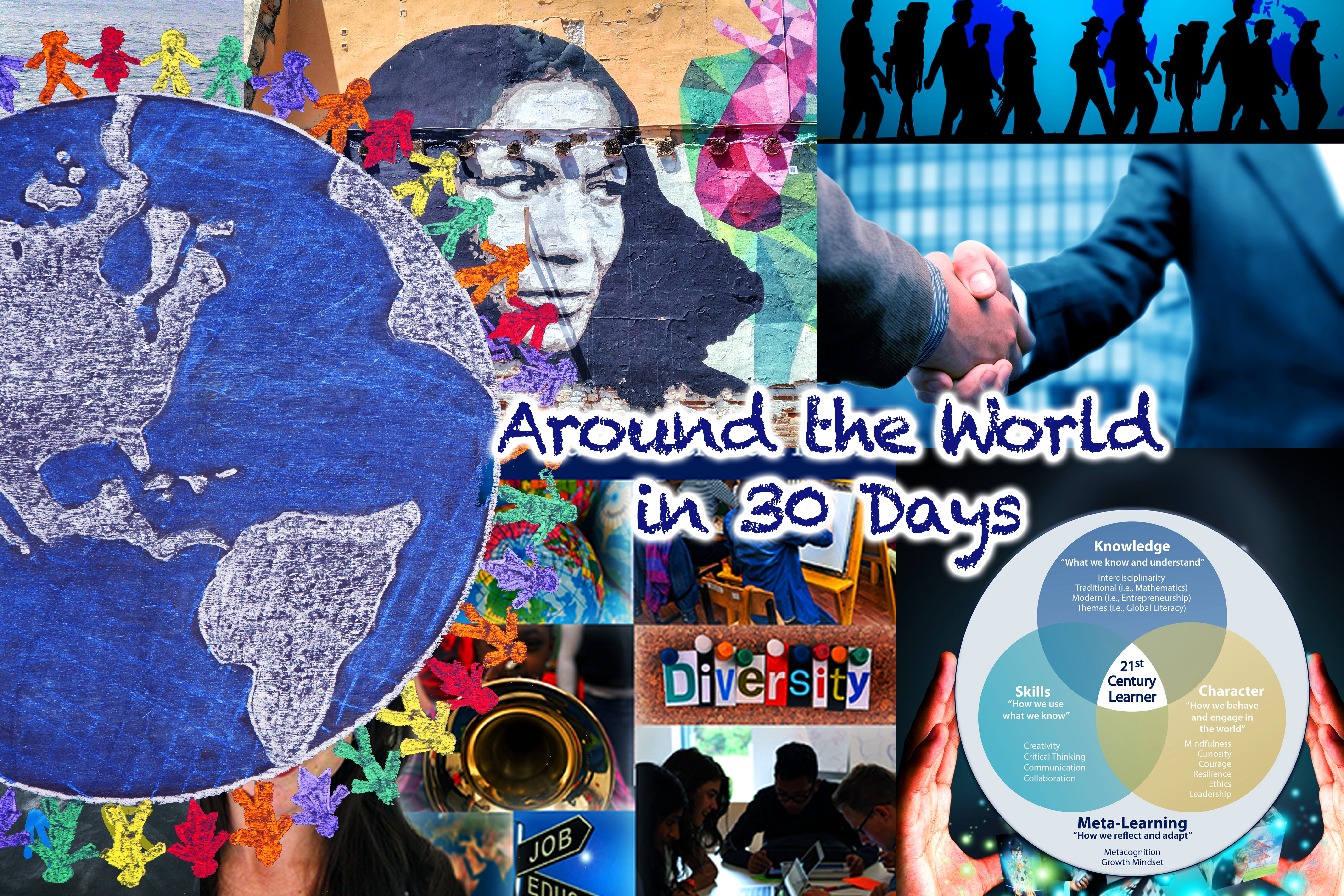
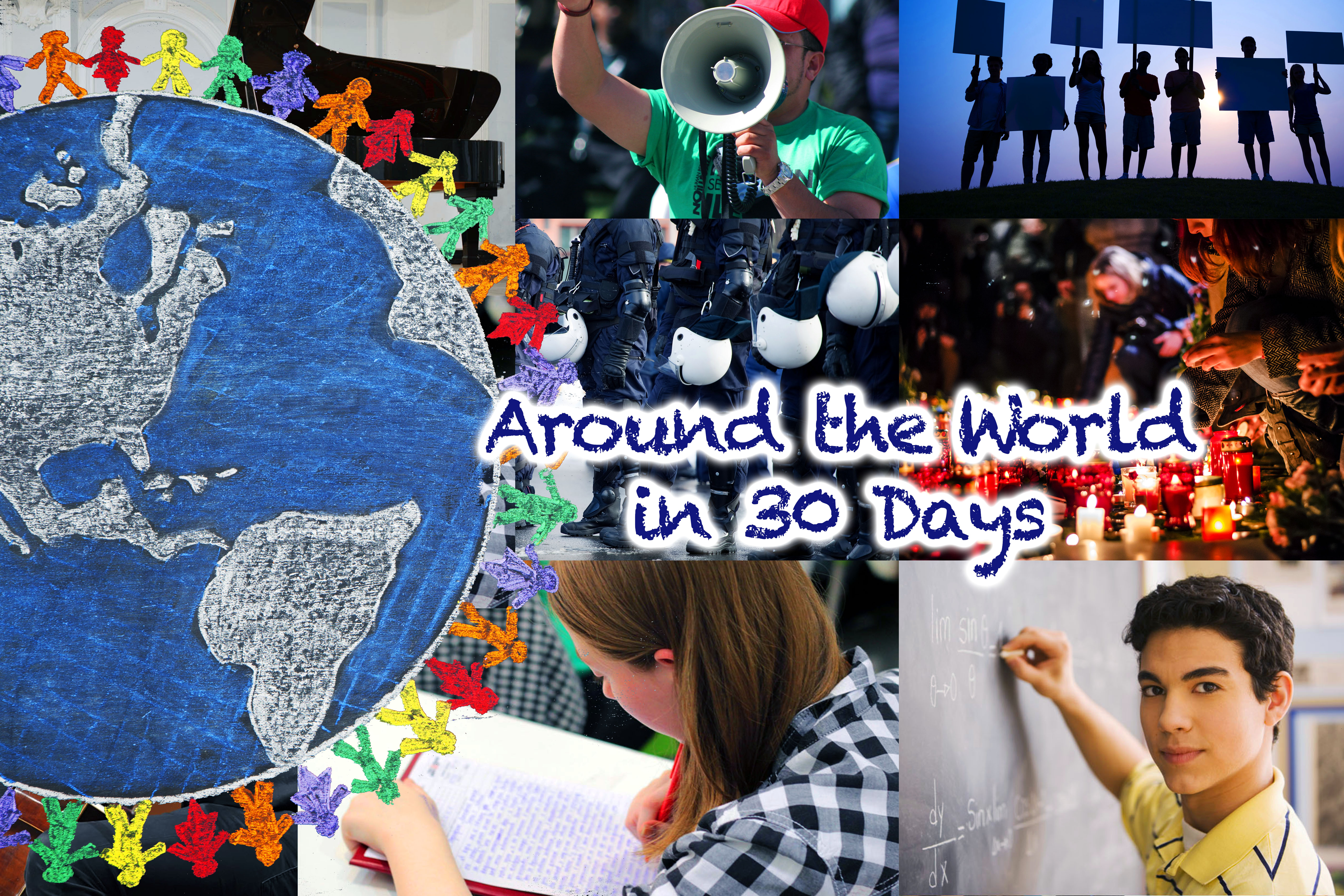
Jüngste Kommentare